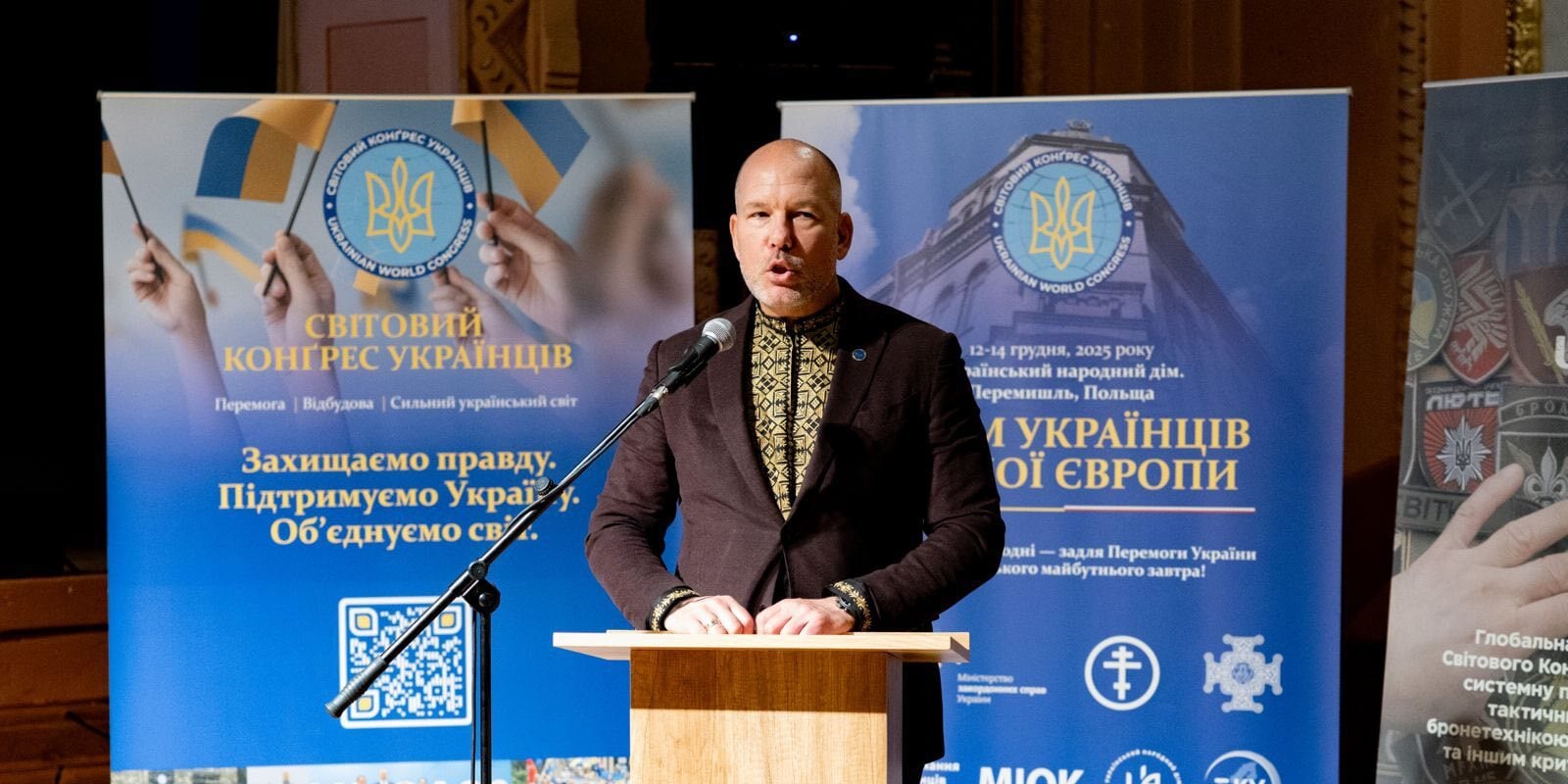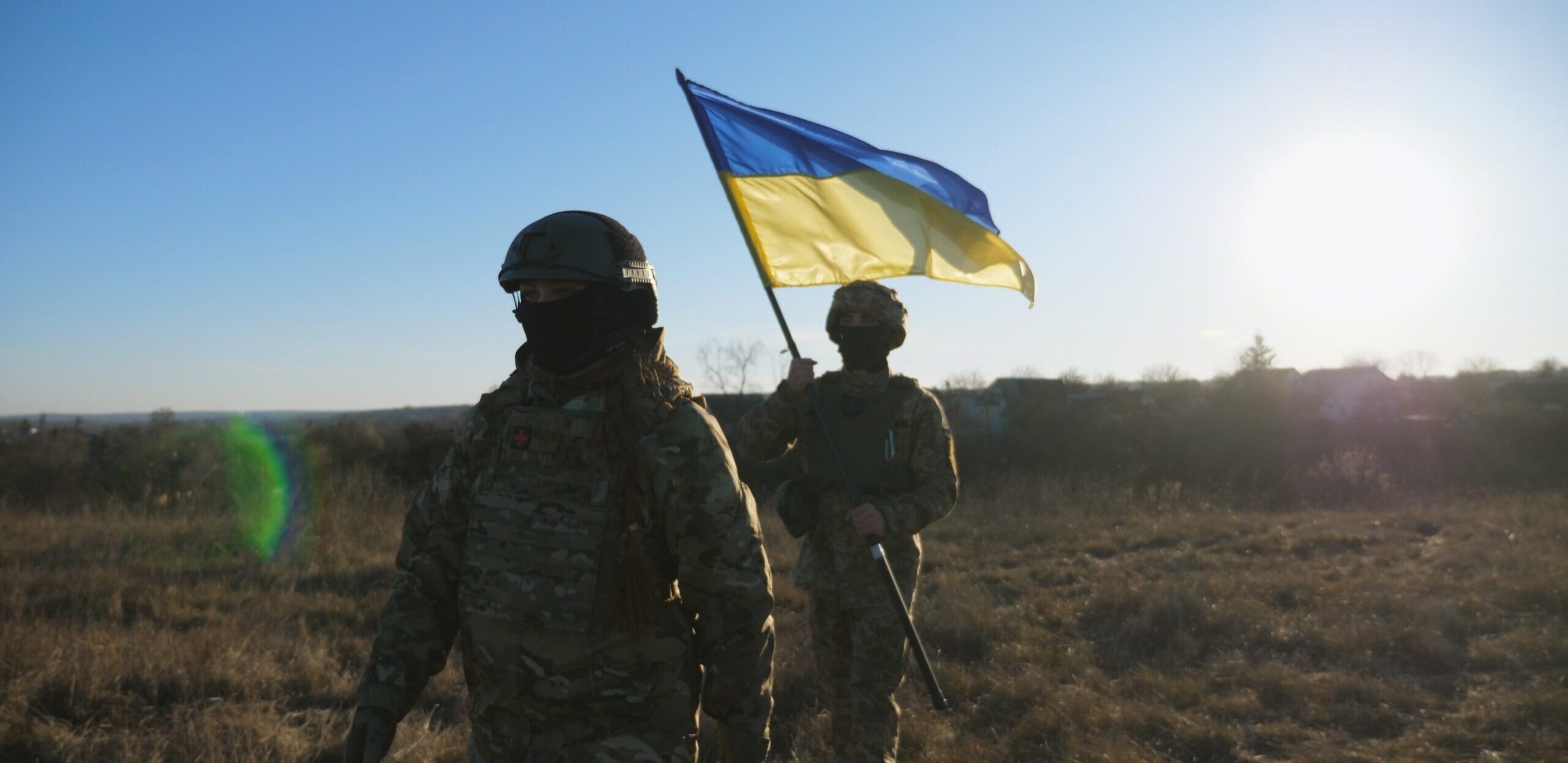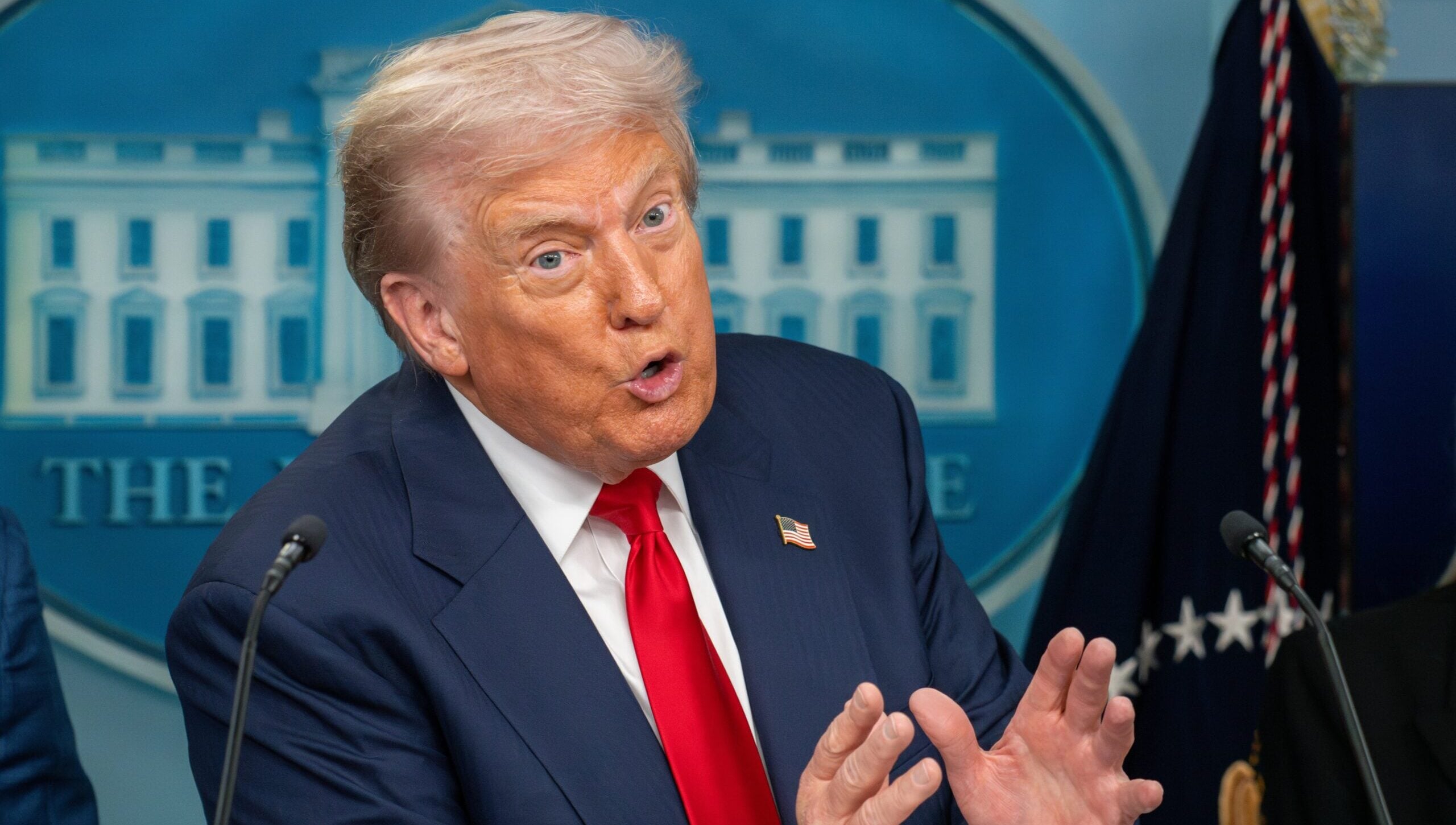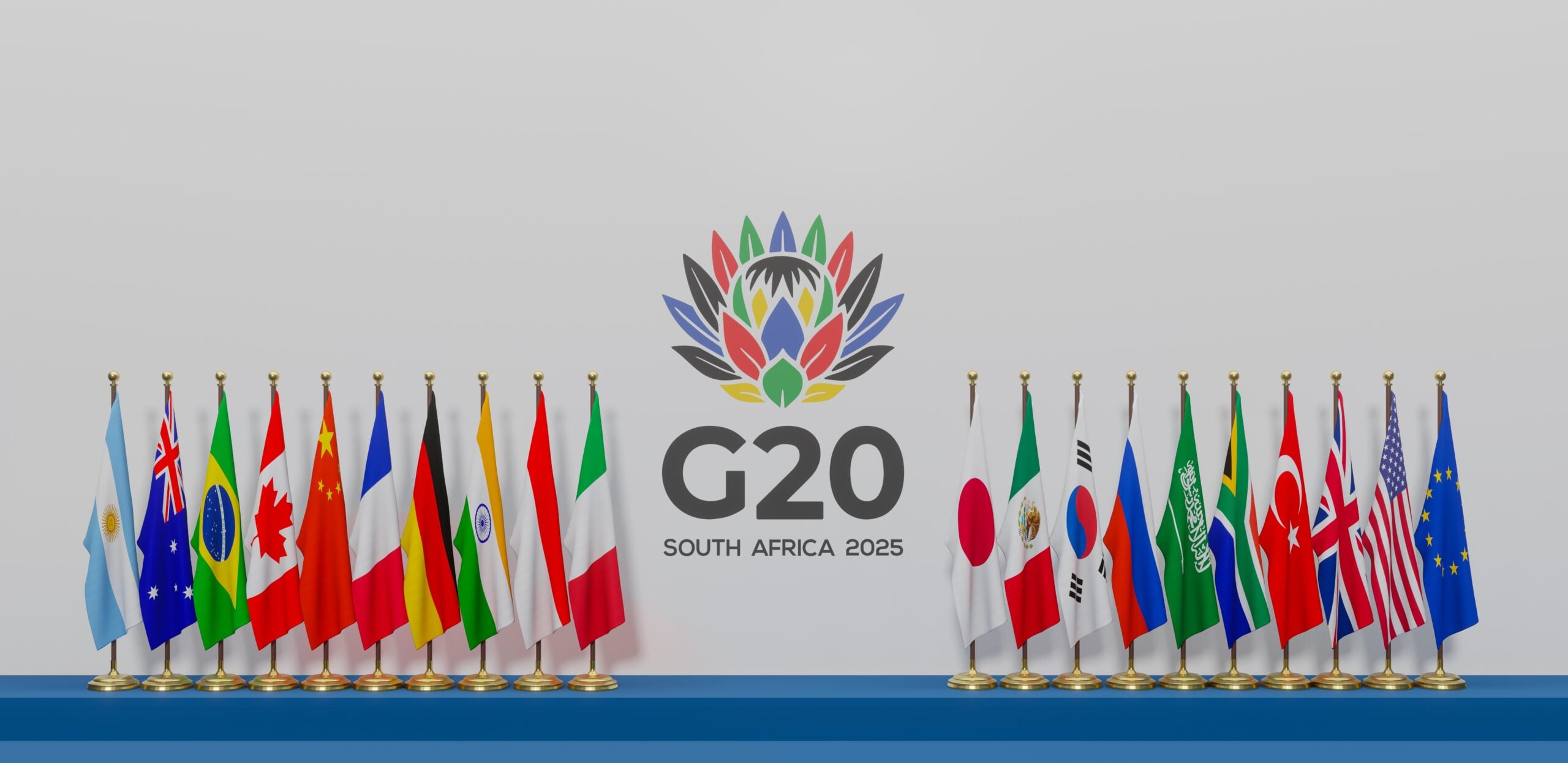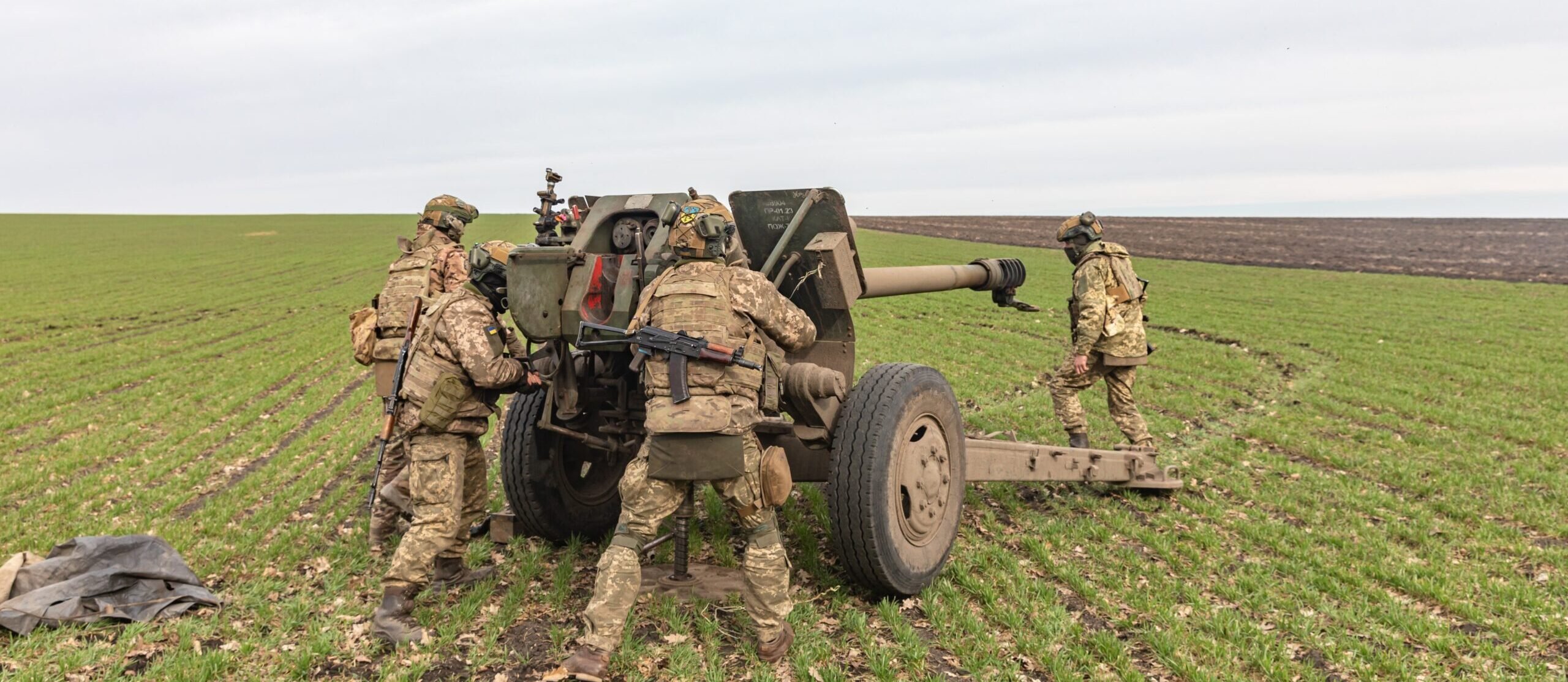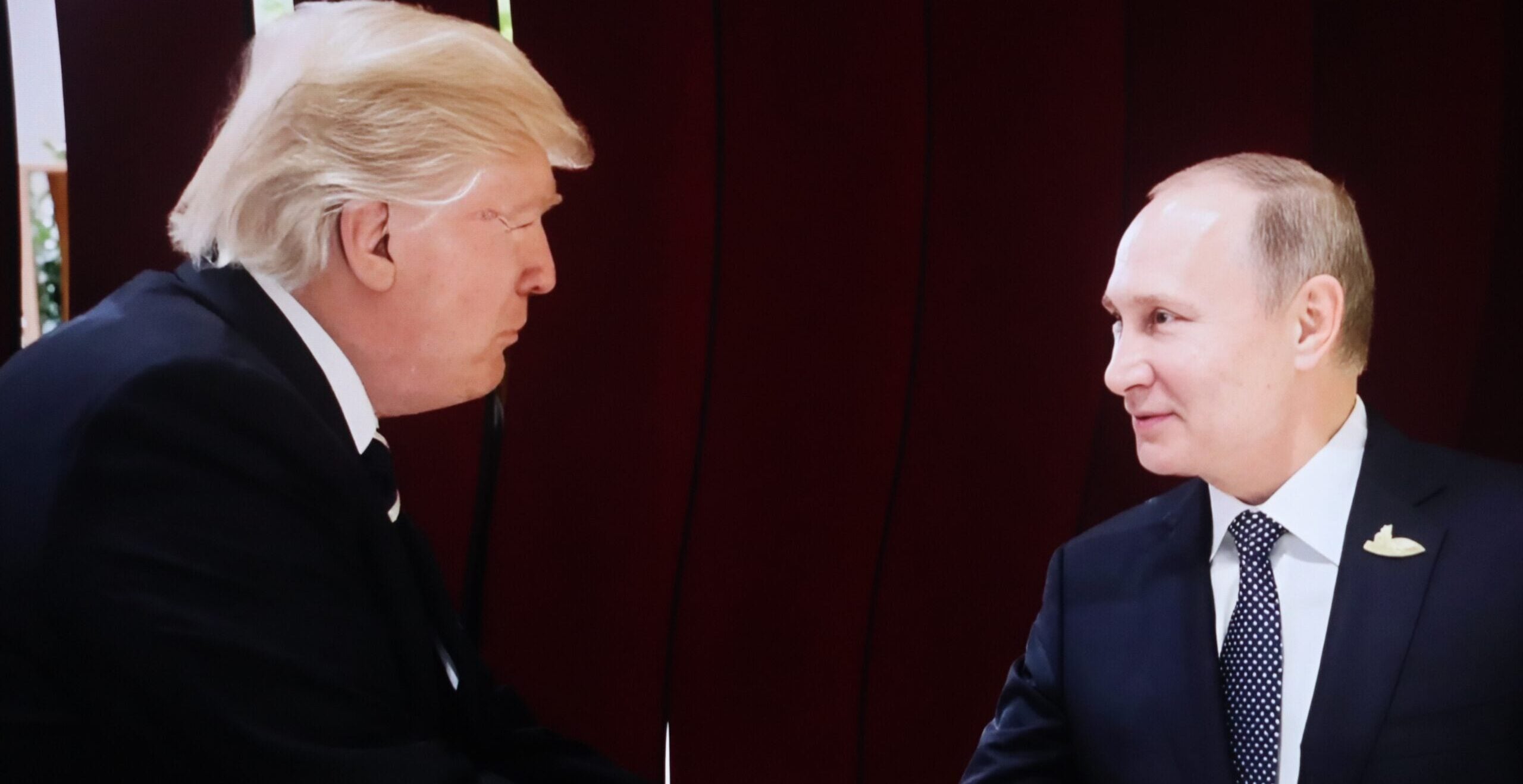
Abstract:
This paper explores what factors might influence citizen preferences for closer cooperation with the EU and/or Russia in three countries from the EU’s Eastern neighbourhood: Belarus, Moldova, and Ukraine. The citizens in these countries have been exposed to competing narratives and policy frames, advanced by both the EU and Russia, about the purposes and effects of closer cooperation. We first develop theoretical ideas about the potential influence of framing on public attitudes towards international cooperation. We then study these ideas empirically using a survey experiment in which six different frames about international cooperation are embedded in short vignettes. The frames highlight themes such as economy, security, values or identity and were developed based on previous research on factors that influence preferences on international cooperation. The experiment was implemented among a diverse and relatively large sample of citizens in the three countries. Our main conclusions are that thematic neutral frames of international cooperation have only very limited potential to influence directly people’s support for cooperation with the EU, but might be more potent in affecting the beliefs of people about the effects of cooperation with different partners on desired outcomes, such as economic benefits, security, and good governance. These beliefs as such are strong predictors of the preferences for international cooperation partners. In addition to the results from this experimental study, we present an analysis of the relationship between the preferred media source of news for people and their preferences for international cooperation partners. Furthermore, we explore the correlates of support for cooperation with the EU with an emphasis on the potential importance of media use. We find that there are no strong differences in average levels of support for the EU among people who use different media sources to get trustworthy news, with the possible exception of Belarus.



